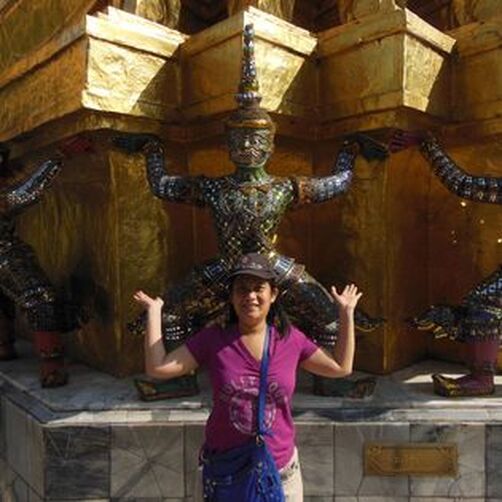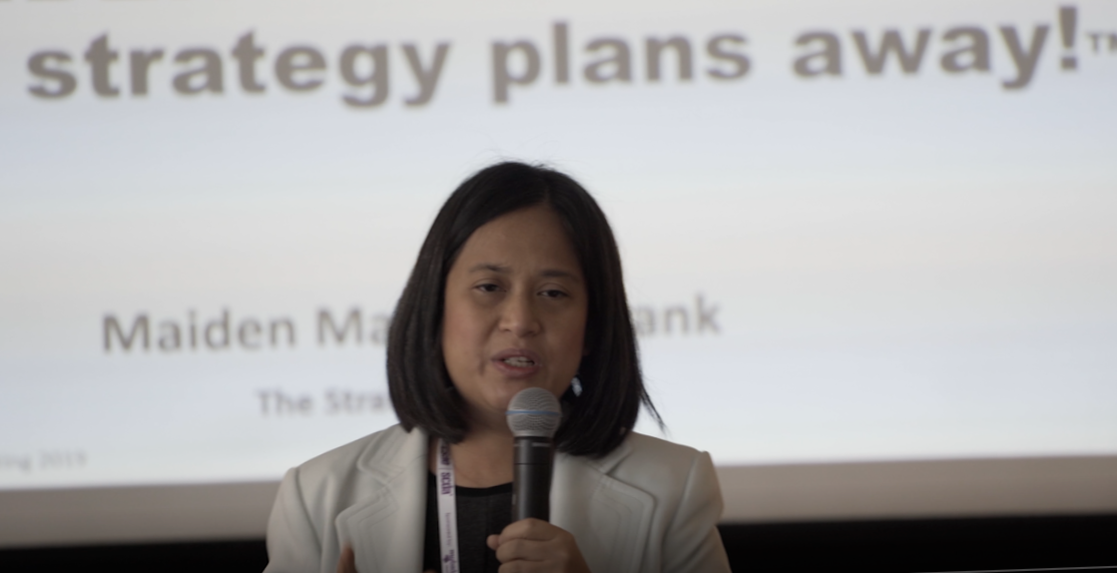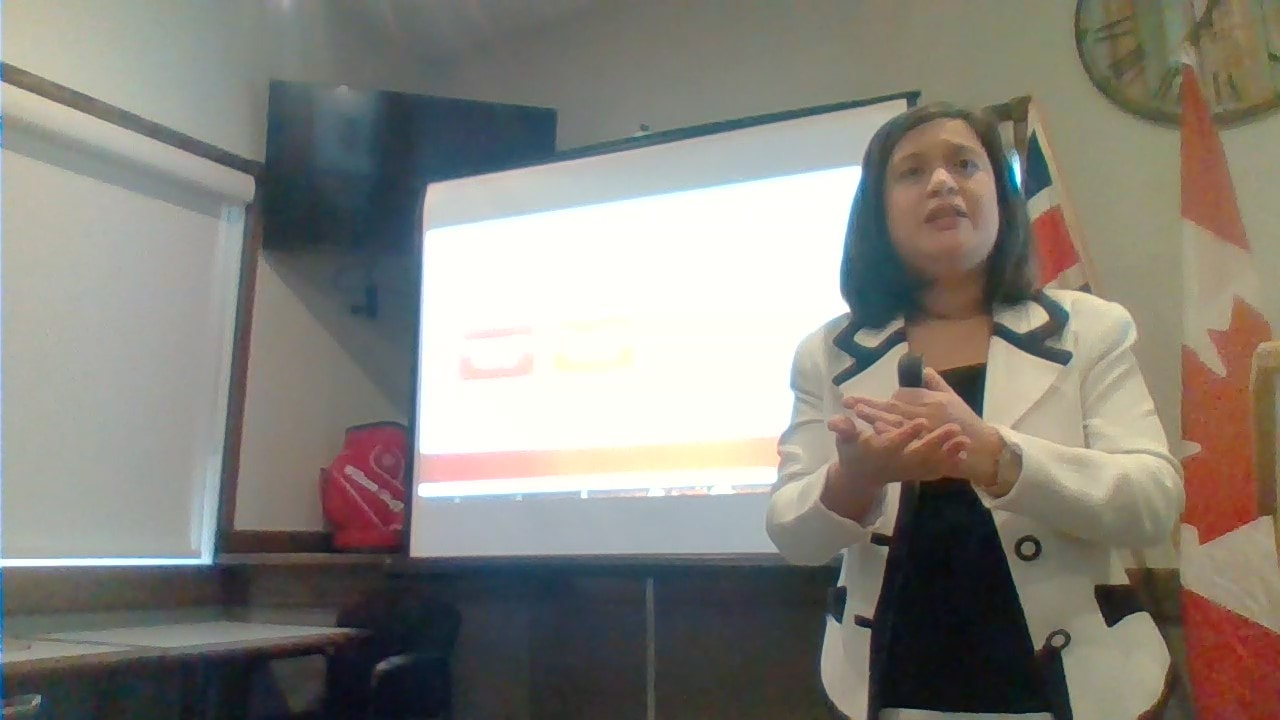Archives
July 2024
Categories
All
|
Back to Blog
FABRICATED FEAR3/18/2024 Do you experience distress, fear, anxiety, guilt or shame over the future of the planet? While the feeling is legitimate for some people, debunking the doom and bust future scenario should delegitimize the concept behind this paranoia. Marketers and governments and cause-oriented groups milked the concept of a dystopian future where a zero-sum game of extinction or paradise is logically untenable. In reality, we will continue to face not just climatic changes but overall fundamental devastation of the environment due to wanton abuse and degradation. Lower-level island nations will experience more extreme weather hazards. Unless things change. Global governance systems have been stuck for many years. The political will to protect the oceans, forests, land, and the systems of commons is too weak and volatile, hostage to narrow interests. Capitalist growth-oriented economics do not respect nature and its regenerative requirements. There are people that are suspected to commit arson in the forests and blame it on climate change. There are marketers and propaganda agents seriously laughing their way to the bank because they help overexaggerate the zero-sum claims of climate doom. If you're really afraid and anxious about this, go get yourself checked. It may not be the climate fuelling this mental health issue but could be part of larger symptom of a societal neuroses being played out on ordinary people like you and me.
0 Comments
Read More
Back to Blog
WITHOUT BORDERS1/8/2024  There's Engineer Without Borders, Doctors Without Borders, Educators Without Borders and a hundred more permutations of the same sense. My business has always been global, hence the logo: GLOBAL OUTLOOK, LOCAL IMPACT. If some people are irked with this ambition, I think they have a small thinking. Small thinking is usually scared thinking. They project their own insecurities on you. So because they can't fathom the idea, you shouldn't do/attempt it. Life is short. There is really no joy in hiding your true potential, waiting for blessings or approval for others to proceed to exalt you on your rightful place. Get the drift. Nobody cares and everyone is busy minding their own problem. Pursue your own global ambition with the feet planted on the ground. I have coached 25 leaders from around the world while I live in a rural area with just an Internet connection and a lot of heart to give. I worked in 15 countries and trained thousands of people as early as 2000s. Of course I have what it takes, but that's not point. With technology and focus, it's not difficult but it's not easy either. Go follow your dreams.
Back to Blog
HOSTAGED PEACE11/15/2023 With the world on Gaza these days, there's a call for ceasefire but not a call for peace. Peace is surely underrated, underexplored, underinvested, and under-committed in this specific conflict. Revenge in this situation is overemphasized, as in the use of military might. Aside from Israeli and Palestinian deaths, Hamas as a terrorist organization is not vilified as much as the Israel-Arab animosities more aroused than ever. Pitch forks on both sides including the mainstream media showing its partiality on the issue. Peace whether in the form of multilateral diplomacy, Qatari-based leadership, or an Arab League-UN combination should be explored to the maximum. Israel should be restrained from exacting more harm on civilian population in pursuit of Hamas' leaders and Hamas must be pressured by its allies and friends to release the hostages. A ceasefire doesn't mean that Hamas had won or giving Hamas a congratulations. They can always continue to fight to get their aims but the Palestinians have been bombed enough. If the lessons of the Oslo Peace Accords can come alive again, they need people from the Israeli side who can broker long-term peace and not just the sure military victory from a terrorist organization. The Palestinians need better leadership too. The Palestinians deserve a better deal post-Hamas and that they should govern better than what their leaders did a decade ago. Let's not let history repeat itself. |
 RSS Feed
RSS Feed

